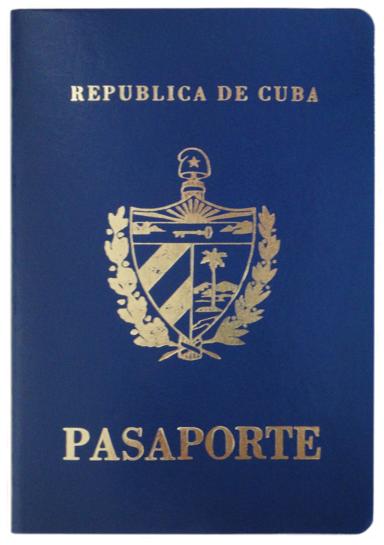Visa free access for Cuba
As a Cuba passport holder, you are permitted to travel visa-free to 99 countries and territories. This data is correct as of March 2024.
In order to travel visa-free, you will need a valid passport, often with at least six months until expiry. Additionally, you may need travel insurance, as required by your destination country.
Within these countries, there is often a separate section in airports where you can submit your Visa on Arrival. You will receive your visa on arrival (VOA) after entering the country that issued the visa.
Acquiring an eVisa follows the same process as applying for a traditional visa. The main difference with an eVisa is that you don’t need to visit a visa application centre. You can submit your application online, including making any payments relating to the visa.
Once the relevant authorities approve your application, you will receive a confirmation email regarding your visa status, along with a document that you must print and bring with you when crossing the border.
You will need a valid visa to enter the 99 countries with a Cuba passport.
About Cuba
Cuba, the largest Caribbean island, is known for its vibrant culture, tropical climate, and eventful history. The country boasts a population of approximately 11.3 million people, with Havana as its bustling capital. The Cuban climate is a tropical savannah, characterized by wet summers and dry winters, making it a popular tourist destination.
Cuban culture is a melting pot of influences from Europe, Africa, and the Americas. Its music, dance, and visual arts are renowned worldwide, with the salsa and the Cuban ballet being iconic examples. The country is also famous for its cigars, rum, and classic American cars.
The Cuban economy, heavily centralized and state-controlled, relies on exports of sugar, tobacco, and nickel. Tourism also plays a significant role, attracting over 2 million visitors annually. However, economic growth has been hampered by the longstanding US embargo and internal inefficiencies.
Despite its economic challenges, Cuba has made significant strides in social development. It has one of the highest literacy rates in the world and a robust healthcare system. It’s a nation of resilience and warmth, where the spirit of ‘Revolution’ is still palpable in its streets and people.

 Cuba
Cuba




































































































































































































